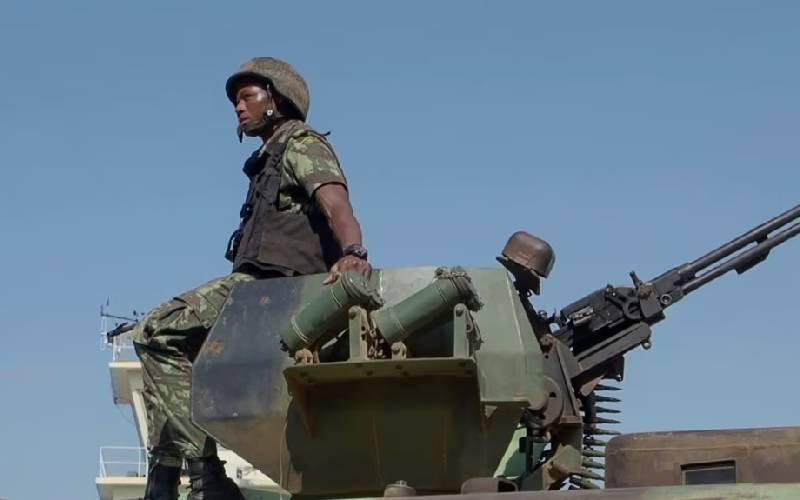×
The Standard e-Paper
Stay Informed, Even Offline

Rwanda is deploying an additional 2,500 soldiers to help Mozambique fight resurgent attacks by Islamic State insurgents in the oil-rich Cabo Delgado province. Attacks have been on the rise in the area as a force known as SAMIM, deployed by the Southern African Development Community, prepares to withdraw.
President Filipe Nyusi was quoted by state-run radio late Sunday as saying the troops are being deployed not because Mozambique cannot ensure its own defense, but because the country cannot fight terrorism alone.